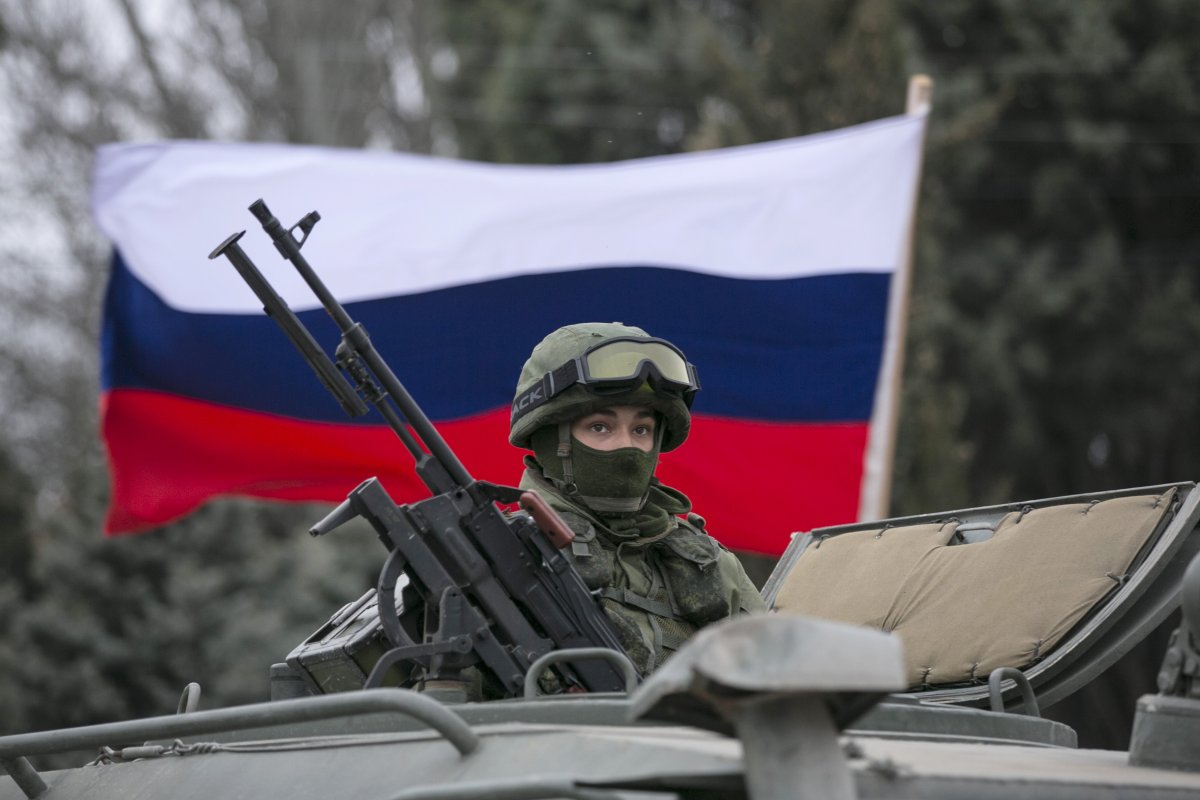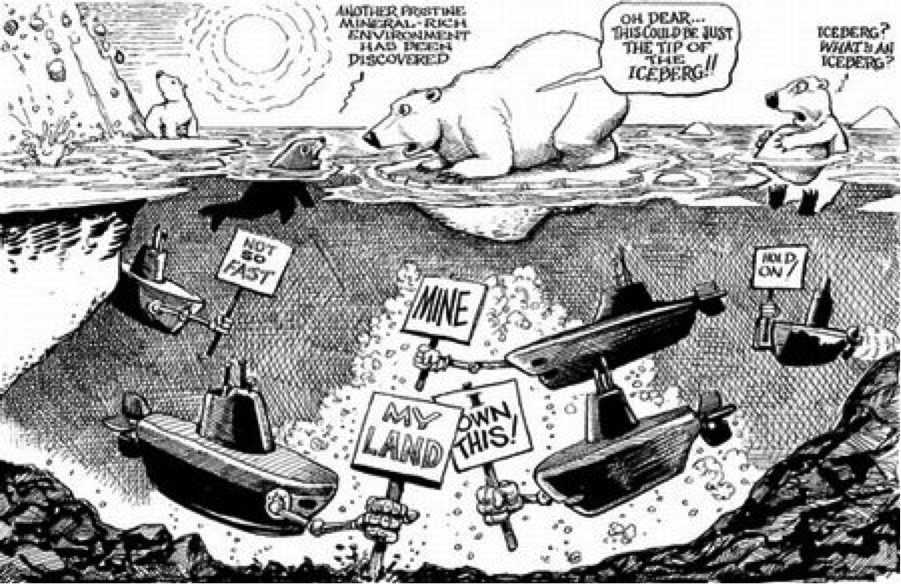The recent developments in the Ukrainian conflict show both the limitations and successes of diplomacy in preventing total anarchy in the international system. Currently, the way in which Moscow pursues diplomacy borders the threshold of what Western nations deem acceptable and unacceptable. Moscow’s strategy provides strategic returns associated with a particular risk level. In order to analyse this balance, the ideas of acceptable and unacceptable action should be defined.
Russia has been threatened with economic sanctions from the beginning of the conflict. The sanctions sent a clear message to Moscow: that to Western nations the only acceptable line of action from Russia is inaction. Therefore suggesting Western nations will only be satisfied if Russia does not further involve itself in the Ukrainian conflict.
However, Western powers have not been consistent throughout the conflict in what they deem unacceptable. During the early stages of the Ukrainian conflict, the annexation of Crimea was deemed unacceptable. Next, the West deemed it unacceptable to support pro-Russian forces in Eastern Ukraine, and then the invasion of Ukraine by Russian forces became the definition for unacceptable action. This cautious Western approach in dealing with the Ukrainian crisis, and the changing concept of what is unacceptable has resulted in Ukraine’s involvement in an interstate conflict with Russia.
Putin has consistently pursued a foreign policy towards Ukraine that teetered on the balance of what was considered unacceptable to the Western powers. In the beginning of the conflict, Putin annexedCrimea through a creative strategy, which portrayed Russia as not having direct involvement in the process. The Western response was an indirect confrontation; the West enacted targeted sanctions against Russia, and demonstrated Western discontent with the annexation of Crimea.
Another instance of Putin’s careful policies occurred when Russia was suspected of supplying pro-Russian rebels. President Putin used clever tactics to disguise military equipment as humanitarian aid. Western officials had no way to prove that the Russian convoy was, in fact, carrying military equipment, and not humanitarian aid. The crossing of the Russian convoy into Ukraine thus was not a direct violation of what the West viewed as unacceptable, although the actions prompted further EU sanctions against Russia.
When Russia crossed Ukrainian borders, the West still did not take decisive action because it was difficult to prove that Russia did in fact cross those borders. However, it did lead the Western powers to state publicly that they did not trust Putin. President Obama stated in his speech in Estonia that what Russia has done is unacceptable and that Putin should not be trusted. The EU also stated that it is no longer in a strategic partnership with Russia.
Currently, some countries such as Czech Republic and Hungary oppose EU’s decision to cease partnership with Russia. Such opposition from within the EU clearly shows that Russia has significant influence and economic power in Europe and the views about the severity of Russia’s actions are not uniform throughout Europe.
The Obama administration’s foreign policy direction has been a reduction of armed intervention in foreign nations’ affairs combined with an increased attention to diplomatic resolution of various conflicts. Other Western nations have also adapted to a new international system, and have taken the same stance that armed conflict is no longer the primary means of dispute resolution.
One cannot view the current Ukrainian-Russian conflict as a victory of diplomacy over anarchy in the international system. The fact that Putin had to devise intricate schemes in order to influence events in Ukraine reveals that legitimacy is important in the international system of developed states. Once legitimacy is introduced to the international system, states can no longer pursue certain actions which are deemed blatantly illegitimate. In the Ukrainian conflict such actions would include a massive invasion by Russian forces, but with Russia’s wish for legitimacy, the result was a much less severe Russian intervention. Therefore it is evident that the current conflict is one in which legitimacy is a concept that controls the use of force on sovereign states.
Although diplomacy often acts as a successful alternative to the use of force, there are limits to diplomacy in the contemporary system of states. The need for legitimacy of certain actions does not stop these actions from occurring, but may influence the conduct and extent of action. There is a limit to what can be achieved using diplomacy. Perhaps states should more widely incorporate a positive-sum approach to diplomacy that rewards good actions instead of punishing bad ones.


